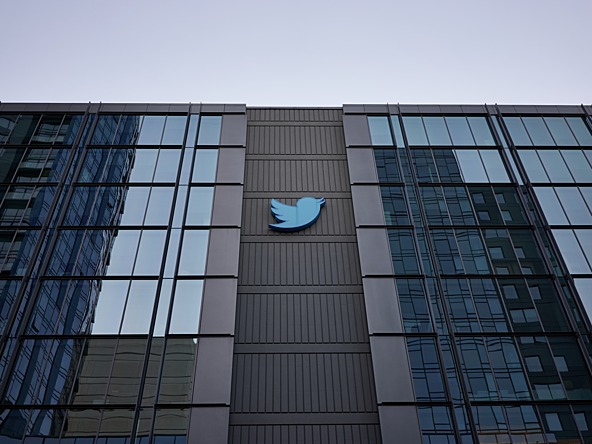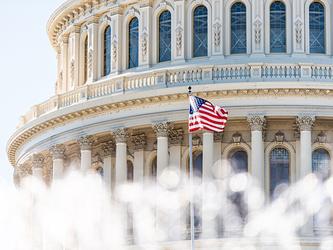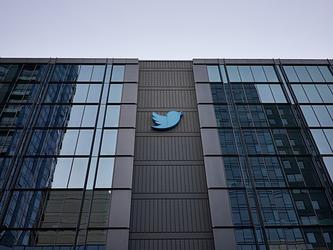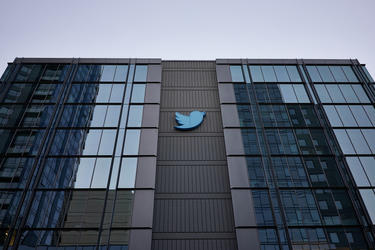What next for Twitter in the Musk era?

The deal is done, and anyone who thought it was going to be business as usual was mistaken. We’re talking about Twitter of course, and its new owner, Elon Musk, who has already been ruffling feathers just a week into the deal being signed.
Another day, another headline. First, there’s the ‘blue checkmark’ fiasco. Plans to charge for blue checkmark verification status has led users to jump ship to other platforms, such as Mastodon, and Twitter also plans to permanently suspend accounts that impersonate another and are not clearly labelled as parody. Consider all this along with Musk’s admission that Twitter was losing more than $4m a day, which has led to layoffs at the firm, and it’s clear Twitter could be in some trouble.
While it’s easy to become distracted by the recent headlines, Twitter has been struggling for some time to hang on to users and to keep the most active of them engaged.
A recent Quantilope study – ‘Streaming and Social Media Platforms’ – backs this up. Using implicit research, we measured the subconscious associations consumers have towards eight major social media platforms: Facebook, Instagram, LinkedIn, Pinterest, Snapchat, TikTok, Twitter and YouTube.
For Twitter, the results are concerning. It’s the standout social media platform with mostly negative associations, such as ‘polarising’, ‘problematic’, ‘stressful’, ‘upsetting’, ‘invasive’ and ‘draining’. These negative associations are just as strong among older generations.
Twitter’s simplicity and ease of use, with its character limit and direct-messaging functionality, made it popular initially, especially with celebrities engaging with fans. So why so much negativity and is it really any worse than other platforms?
The scale of abuse and harassment on the platform has been called out, as well as accusations about its use for the spread of misinformation. Without improved moderation for such content, the platform may well continue to lose users.
Our research indicates that negative associations are not unique to Twitter. Facebook also suffers negative associations, with Gen Z (and millennials) seeing it as ‘annoying’, ‘malicious’ and designed ‘for older crowds’. Even older generations regard Facebook as ‘outdated’, ‘invasive’, ‘dangerous’ and ‘lame’.
As for other platforms, younger generations consider TikTok and Snapchat both ‘addictive’ and ‘mindless’. Among all generations, platforms like Instagram and Pinterest are largely associated with being ‘creative’ and ‘inspiring’. YouTube appears the most universally loved, with associations arising such as ‘enjoyable’, ‘comforting’, ‘useful’ and ‘educational’.
It’s clear social media brands are facing real pressures right now, with growing disengagement from users who recognise the impact these platforms can have on their mental health and who are demanding more from their experiences online. So why continue to use these platforms if they’re so upsetting? Is it a fear of missing out and becoming disconnected, or simply a habit we cannot kick?
The general sentiment toward social media is further backed up by our automated consumer research into attitudes toward social media platforms among 3,000 consumers in the UK, US and Germany. Asked to describe their use of social media in the future, just 12% of all consumers surveyed plan to reduce their time on social media, while the majority ( 67%) say it will stay the same.
What social media platforms might be most interested to know is that 17% plan to increase their use of social media in the future. This metric is even higher among younger generations, especially Gen Z ( 35%) and millennials ( 27%).
If platforms like Instagram are struggling to retain teenage users, with many moving to other platforms or turning to more authentic networks, then the reality for the negatively-associated Twitter is even harder.
One of the newest entrants to the social media stage is BeReal, the photo-sharing app which has taken off this year. Reports suggest it has already had more than 27 million downloads. The basic premise of BeReal is authenticity, with users invited to capture unfiltered moments at a specific time each day. It represents the antithesis of perfectly curated content and heavily edited posts that are popular on other platforms.
The fact that users are drawn to these apps is a wake-up call to Twitter, whose associations are so negative among all consumers and particularly among younger generations. At a time of huge change for the business, and with a new leadership team, it’s an opportunity to take stock, and to re-engage with those generations that are looking for more authentic and positive experiences online. It could just be the start of a new era for the social media pioneer.
Alex Hall is associate director of research consulting at Quantilope

We hope you enjoyed this article.
Research Live is published by MRS.
The Market Research Society (MRS) exists to promote and protect the research sector, showcasing how research delivers impact for businesses and government.
Members of MRS enjoy many benefits including tailoured policy guidance, discounts on training and conferences, and access to member-only content.
For example, there's an archive of winning case studies from over a decade of MRS Awards.
Find out more about the benefits of joining MRS here.













0 Comments